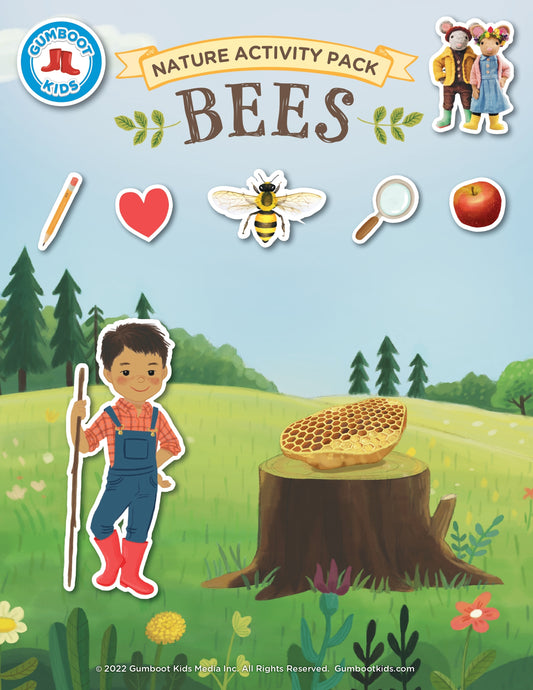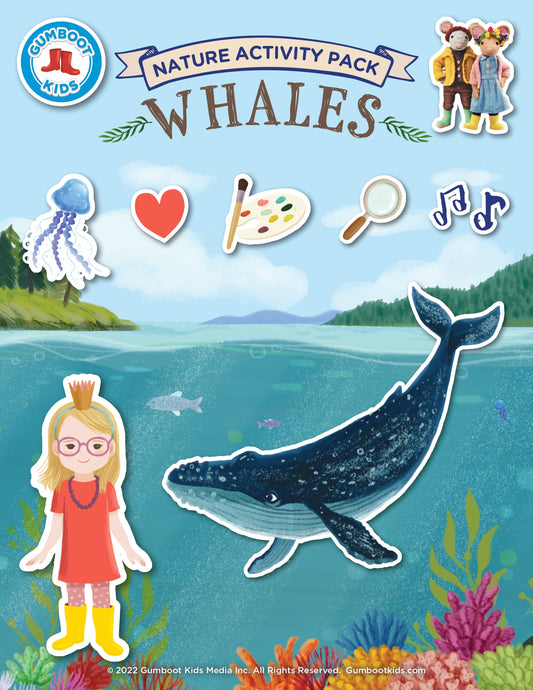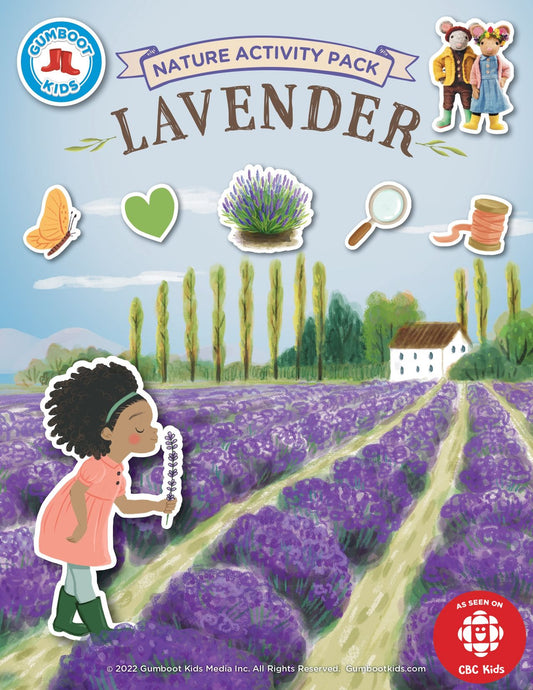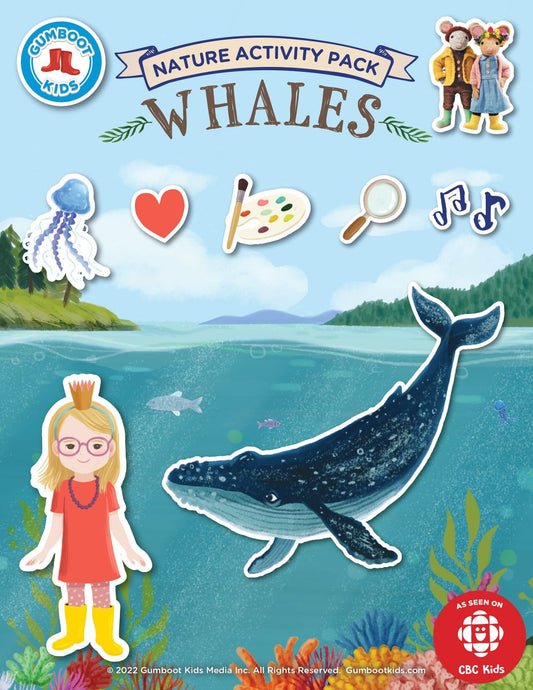Being in nature can have numerous benefits for children with Down syndrome. Here are a few ways:
-
Sensory stimulation: Being in nature can offer a wide range of sensory experiences for children with Down syndrome, from feeling different textures to seeing different colors and patterns. This can help to improve their sensory processing skills and make them more aware of their surroundings.
-
Physical activity: Nature provides a natural environment for children with Down syndrome to engage in physical activity, such as walking, hiking, climbing, and swimming. Regular physical activity can help to improve their muscle tone, strength, balance, and overall physical health.
-
Socialization: Spending time in nature can provide opportunities for children with Down syndrome to interact with their peers and build social skills. Outdoor activities such as group hikes or nature scavenger hunts can encourage socialization and teamwork.
-
Reduced stress: Being in nature has been shown to reduce stress levels in both children and adults. This can be particularly beneficial for children with Down syndrome, who may experience anxiety or sensory overload in certain environments.
-
Cognitive development: Nature provides a rich environment for learning and cognitive development. Children with Down syndrome can benefit from exploring nature, identifying different species of plants and animals, and learning about the natural world.
-
Self-esteem: Engaging in outdoor activities can boost self-esteem and confidence in children with Down syndrome. Accomplishing physical challenges or mastering new skills can help them feel more competent and capable.
-
Improved sleep: Spending time in nature can also help to regulate sleep patterns in children with Down syndrome. Exposure to natural light and fresh air can help to promote healthy sleep habits.
In summary, being in nature can provide a multitude of benefits for children with Down syndrome, including sensory stimulation, physical activity, socialization, reduced stress, cognitive development, self-esteem, and improved sleep. Encouraging children with Down syndrome to spend time outdoors and engage in nature-based activities can have a positive impact on their overall health and well-being.




